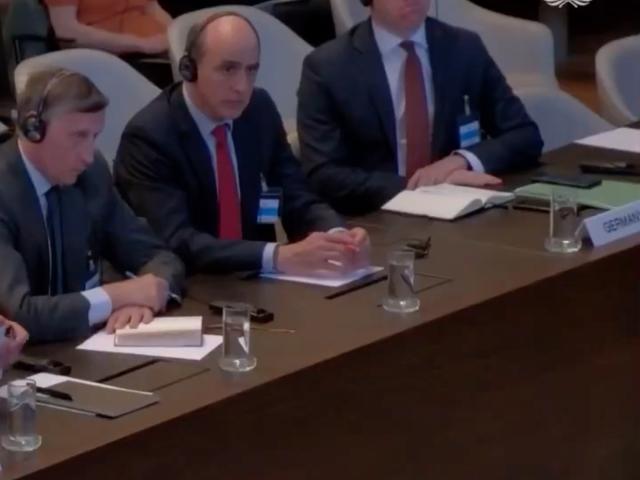In a significant judicial outcome, the International Court of Justice (ICJ) recently dismissed Nicaragua's urgent plea to halt Germany's arms sales to Israel. This decision underscores the complex international legal landscape surrounding the accusations of genocide in Gaza—a claim Israel fervently denies, emphasizing its military operations target Hamas, not civilians.
Nicaragua, citing violations of the UN Genocide Convention, argued that Germany's substantial military support, which saw a dramatic increase to $326.5 million in purchases last year, implicated it in alleged war crimes by Israel. However, Berlin maintains that its lawsuit lacked merit, highlighting its position as Israel’s steadfast ally and the second-largest arms supplier after the United States.
Nicaragua’s case against Germany at the International Court of Justice (ICJ), in which the Central American country accuses Berlin of facilitating a “genocide” in Gaza, likely came at the behest of Russia, Western intelligence officials and diplomats told POLITICO. https://t.co/mG5nMKck0b
— Israel War Room (@IsraelWarRoom) April 30, 2024
The court's ruling rejected the call for immediate measures while leaving room for a protracted legal battle ahead, with the final judgment possibly years away. This interim decision allows Germany to continue its support for Israel, including significant humanitarian aid efforts directed towards Palestinian civilians, despite suspending funding to the UN's aid agency, UNRWA, over concerns of staff involvement in hostilities against Israel.
The German government welcomed the verdict, reaffirming its neutral stance in the Middle Eastern conflict and its commitment to humanitarian support in the region. On the social platform X, the German Ministry of Foreign Affairs expressed its relief over the court’s decision, distancing itself from the conflict while continuing to address the humanitarian needs in Gaza.
Palestinian students at Birzeit University expelled the German Ambassador to Israel from the Palestinian Museum due to Germany’s support for the Israeli war on the Gaza Strip. The ambassador was kicked out on the day Germany is facing an ICJ judgment over complicity in genocide. pic.twitter.com/kXHnk3ozMF
— Azadar Hussain (@Azadar04) April 30, 2024
Presiding Judge Nawaf Salam voiced the ICJ's concern for the "catastrophic living conditions of the Palestinians in the Gaza Strip," setting the stage for a comprehensive review of the court’s jurisdiction over the matter and, potentially, the substantive issues at hand.
The case, driven by Nicaragua—a staunch advocate for the Palestinian cause—also spotlighted Nicaragua's human rights issues, with international observers like the UK's UN mission criticizing its government for oppressive policies against dissenters.
This ruling not only affects the diplomatic chessboard but also serves as a reflection of the international community's ongoing struggle to balance justice, humanitarian needs, and geopolitical alliances.


